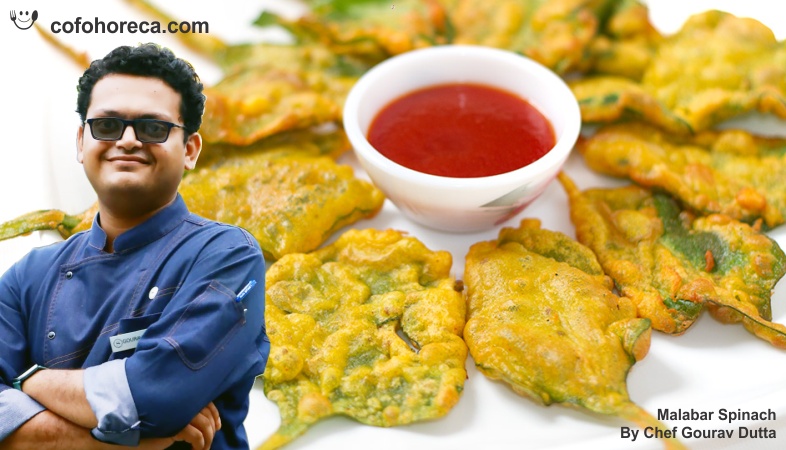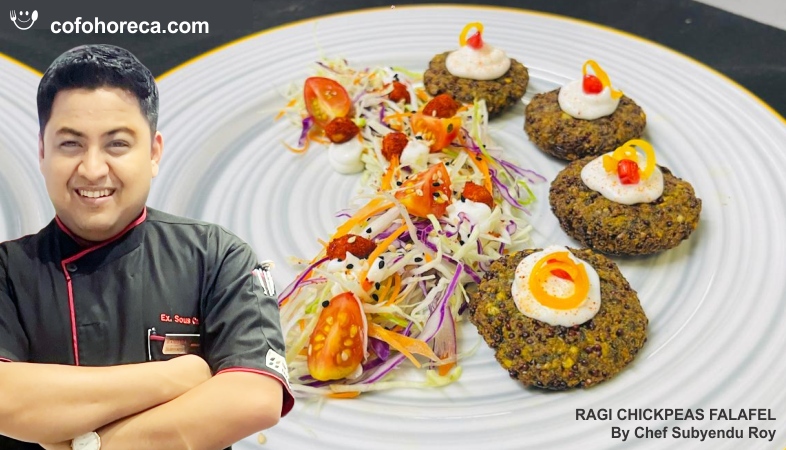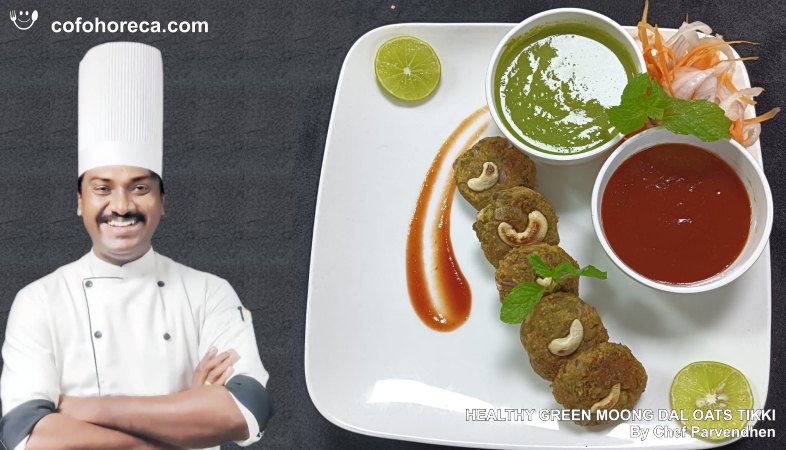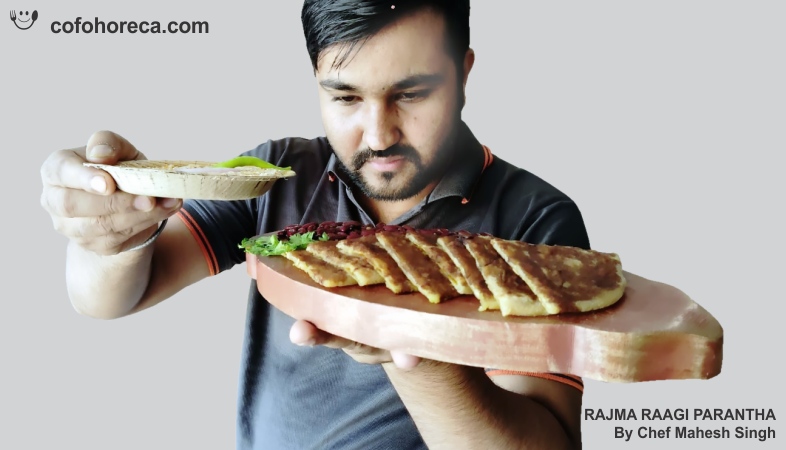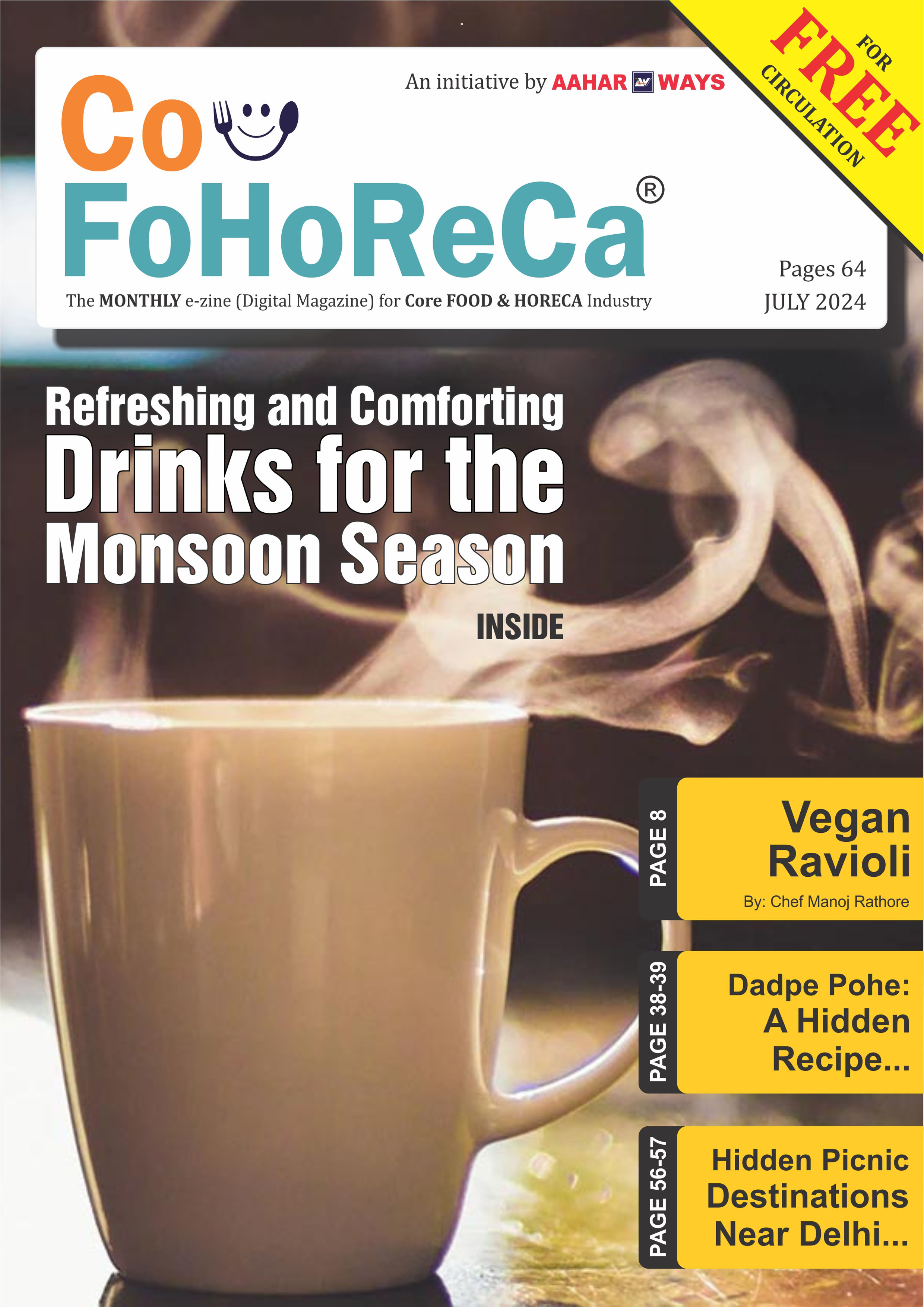Fusion Delights: The Evolution of Contemporary Cuisine
The evolution of fusion cuisine is a testament to the dynamic nature of food and its ability to bring people and cultures together.
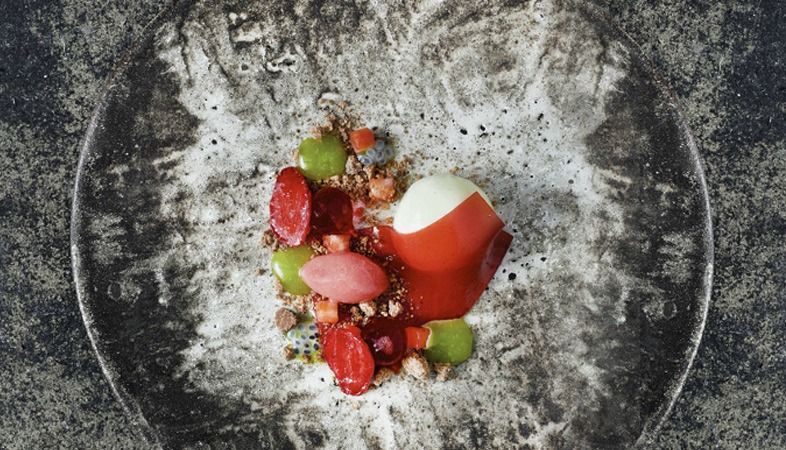
The world of contemporary cuisine is ever-evolving, with
fusion dishes leading the charge. Fusion cuisine combines elements from various
culinary traditions to create innovative and exciting new dishes. This approach
not only challenges chefs to push their creative boundaries but also offers
diners a unique and delightful culinary experience. The evolution of fusion
cuisine is a testament to the dynamic nature of food and its ability to bring
people and cultures together.
Historical Roots and Modern Evolution: Fusion cuisine is not a new concept; it has historical roots that date back centuries. Trade routes, migration, and colonization have long influenced culinary traditions, leading to the blending of ingredients and techniques from different cultures. However, the modern evolution of fusion cuisine has taken these influences to new heights. Today’s chefs have access to a global pantry and are more connected than ever before, enabling them to experiment with flavors and techniques from around the world. This modern approach to fusion is characterized by intentionality and creativity, where the goal is to harmonize diverse elements rather than simply mix them.
The Art of Balance: The key to successful fusion cuisine lies in balance. Chefs must skillfully combine ingredients and techniques from different culinary traditions to create dishes that are cohesive and flavorful. This requires a deep understanding of each cuisine's unique characteristics and the ability to marry them in a way that enhances rather than overwhelms. For instance, a chef might combine Japanese umami with Italian pasta techniques, creating a dish that showcases the best of both worlds without compromising the integrity of either tradition. Achieving this balance is an art form that requires both culinary expertise and a keen sense of taste.
Inspiration from Travel and Cultural Exchange: Travel and cultural exchange play a significant role in the evolution of fusion cuisine. Chefs often draw inspiration from their travels, bringing back ideas, ingredients, and techniques from different parts of the world. This exposure to diverse culinary traditions sparks creativity and innovation, leading to the development of new fusion dishes. Additionally, collaborations between chefs from different backgrounds further enrich the fusion culinary landscape. By working together, chefs can learn from each other, share their knowledge, and create dishes that reflect a blend of their unique perspectives.
Innovative Techniques and Ingredients: The evolution of fusion cuisine is also driven by the use of innovative techniques and ingredients. Modern culinary tools and technologies allow chefs to experiment with textures, flavors, and presentations in ways that were previously unimaginable. Techniques such as sous-vide, molecular gastronomy, and fermentation are often employed to enhance fusion dishes and create new taste experiences. Similarly, the availability of exotic and rare ingredients from around the world provides chefs with a broader palette to work with, enabling them to craft dishes that are both surprising and delightful.
Consumer Demand for Novelty: The growing consumer demand for novelty and unique dining experiences has also fueled the rise of fusion cuisine. Diners today are more adventurous and open to trying new flavors and combinations. They seek out restaurants and dishes that offer something different from the ordinary, and fusion cuisine perfectly caters to this desire for culinary exploration. As a result, many restaurants are incorporating fusion dishes into their menus, offering a diverse range of flavors that appeal to a broad audience.
Cultural Appreciation and Respect: While fusion cuisine is about blending different culinary traditions, it also emphasizes cultural appreciation and respect. Chefs who excel in fusion cuisine take the time to understand and honor the origins of the ingredients and techniques they use. This respect for cultural heritage is crucial in creating dishes that are not only innovative but also authentic and meaningful. By acknowledging and celebrating the cultural roots of their creations, chefs contribute to a greater appreciation of global culinary diversity.
The Future of Fusion Cuisine: As the world becomes increasingly interconnected, the evolution of fusion cuisine is poised to continue. Future trends may see even more diverse combinations of flavors and techniques, driven by ongoing cultural exchange and technological advancements. Sustainability and ethical sourcing of ingredients are also likely to play a more prominent role in fusion cuisine, reflecting broader trends in the culinary world.
The evolution of contemporary fusion cuisine is a testament to the creativity and innovation of chefs who blend diverse culinary traditions to create unique and exciting dishes. This dynamic approach to cooking not only delights diners but also fosters cultural appreciation and understanding. As fusion cuisine continues to evolve, it promises to keep pushing the boundaries of what is possible in the culinary arts, offering endless opportunities for delicious and memorable dining experiences.
.png)







